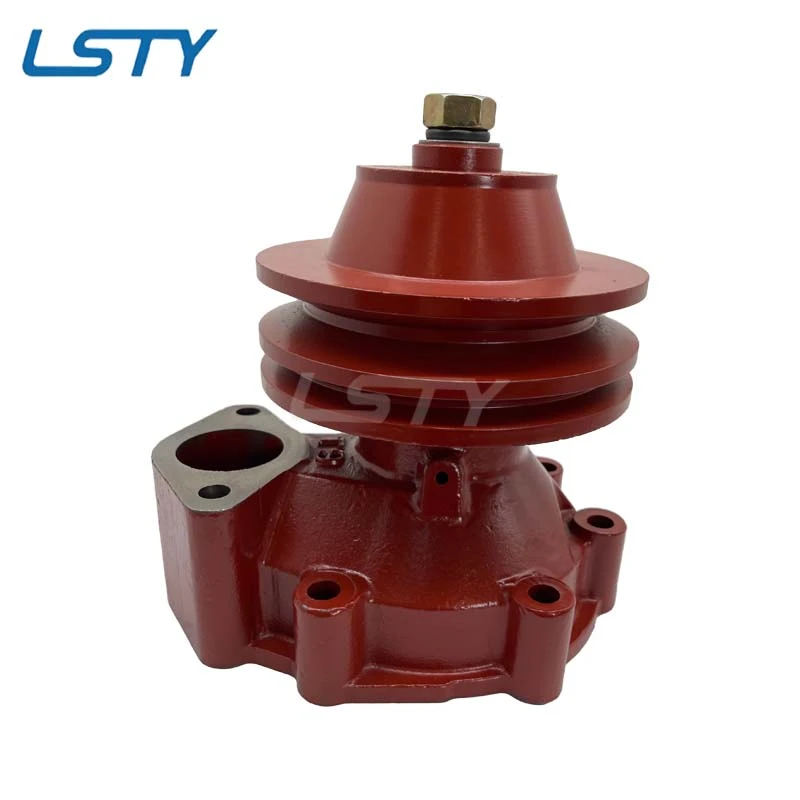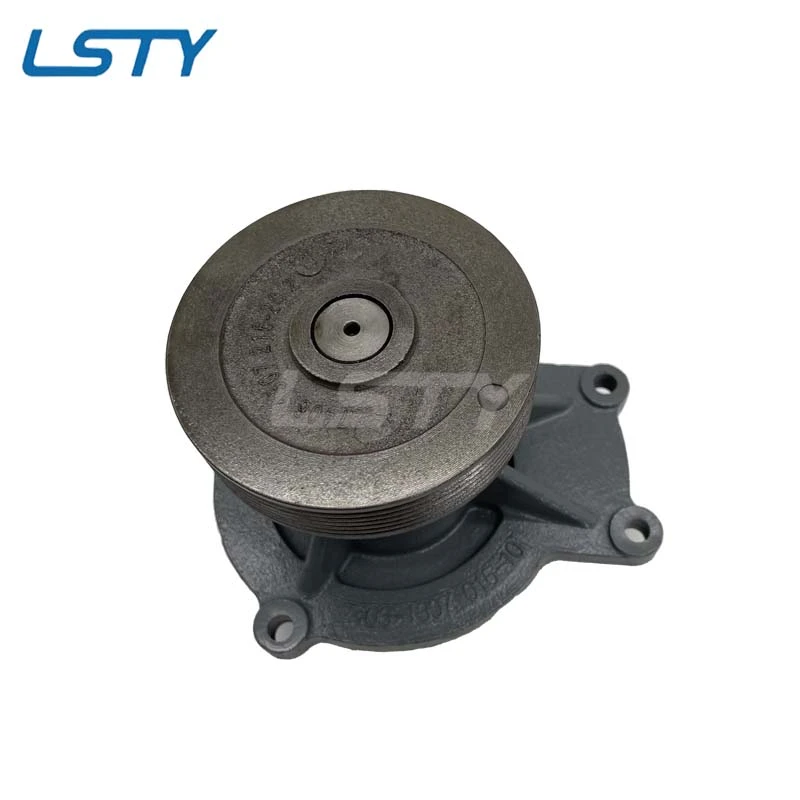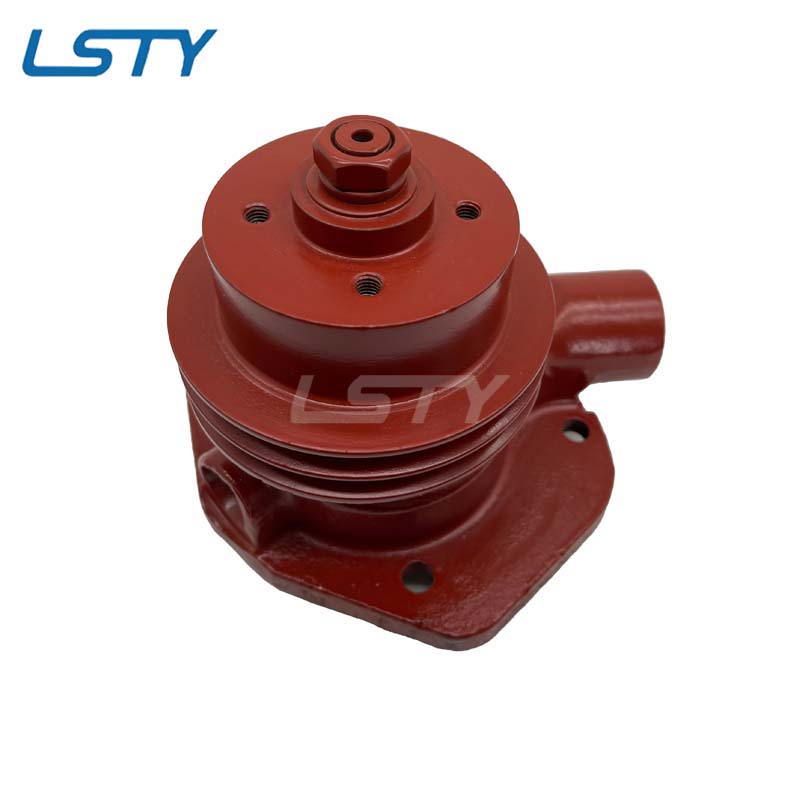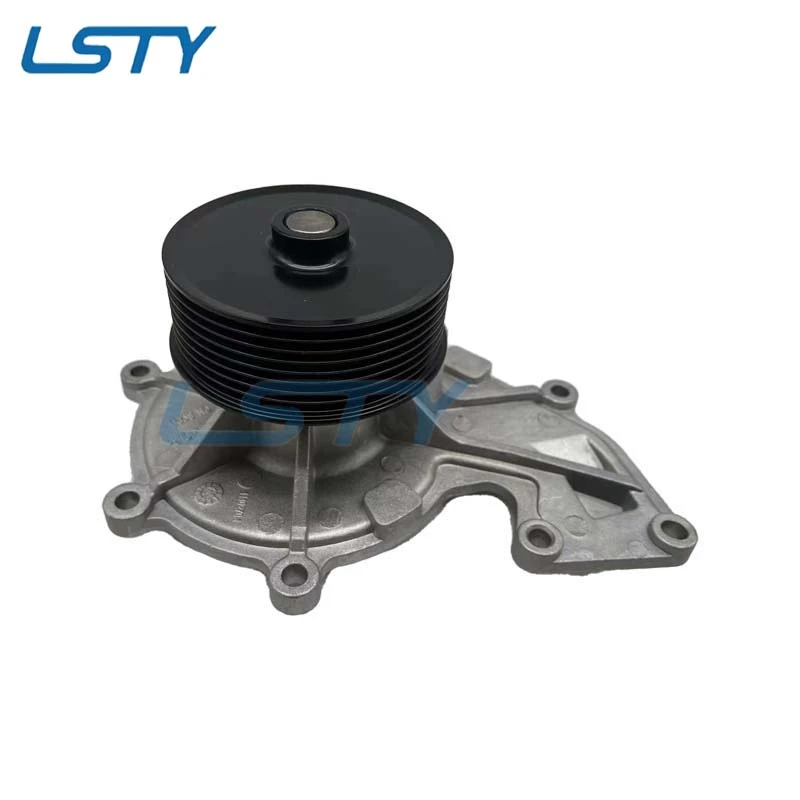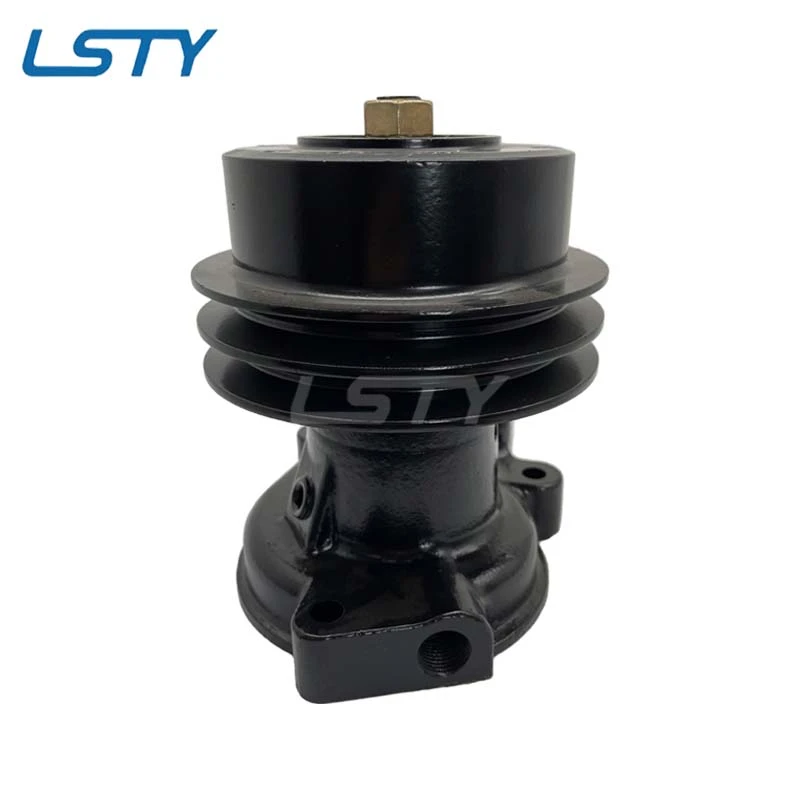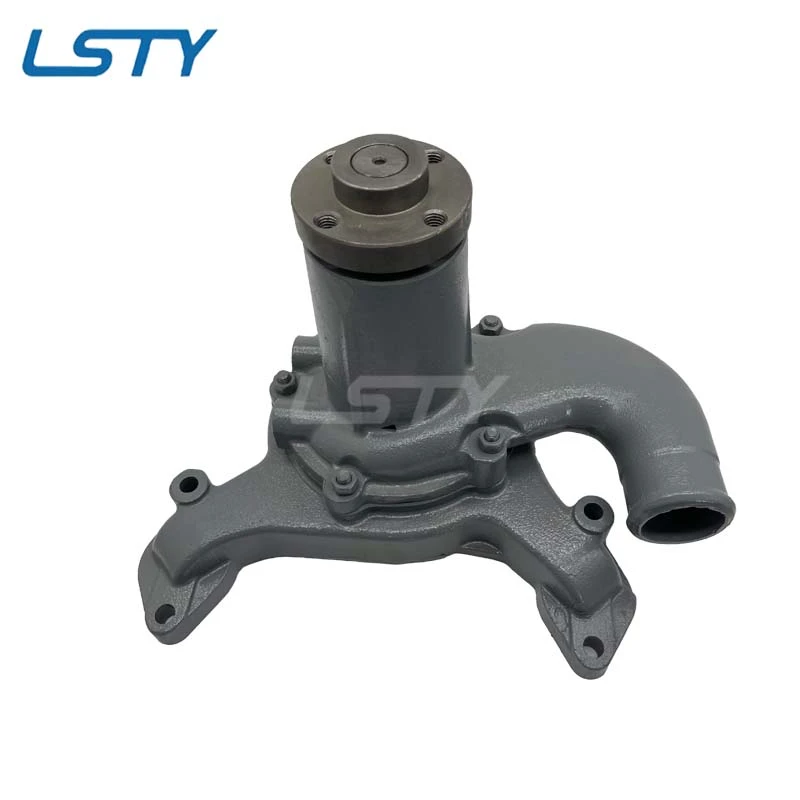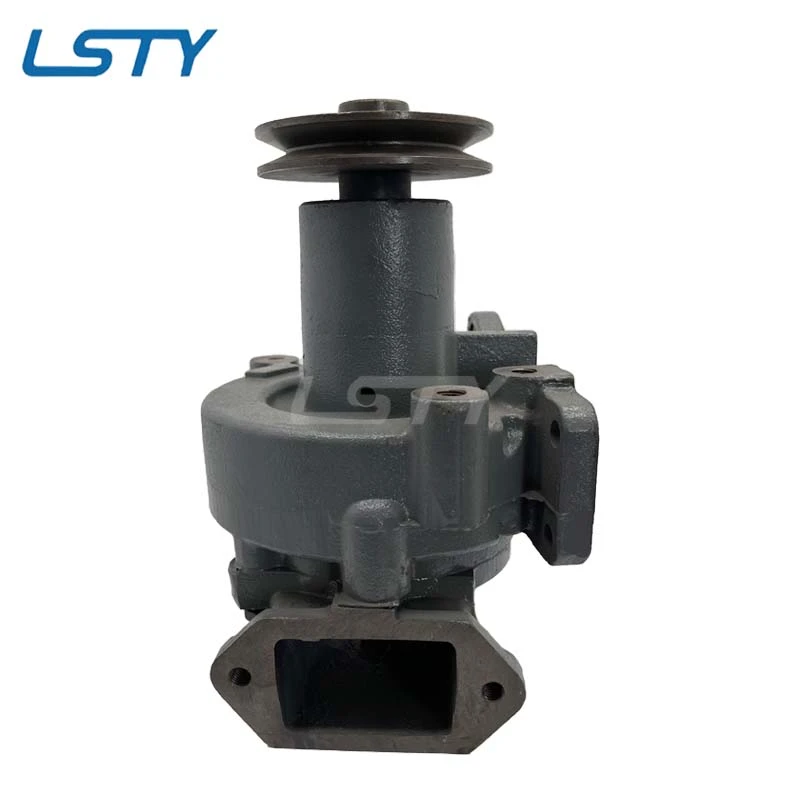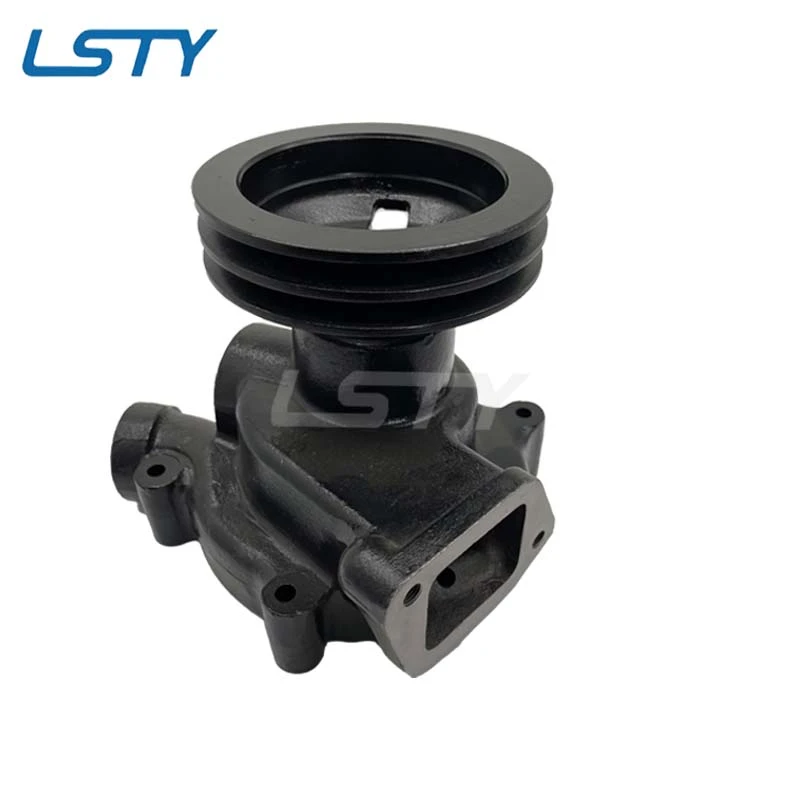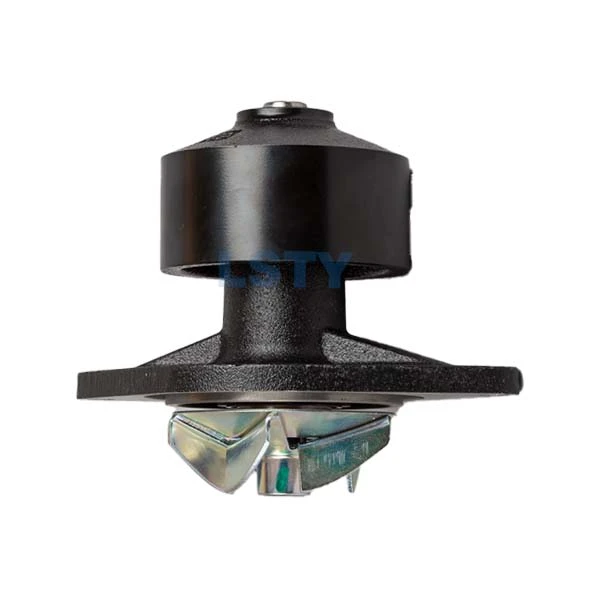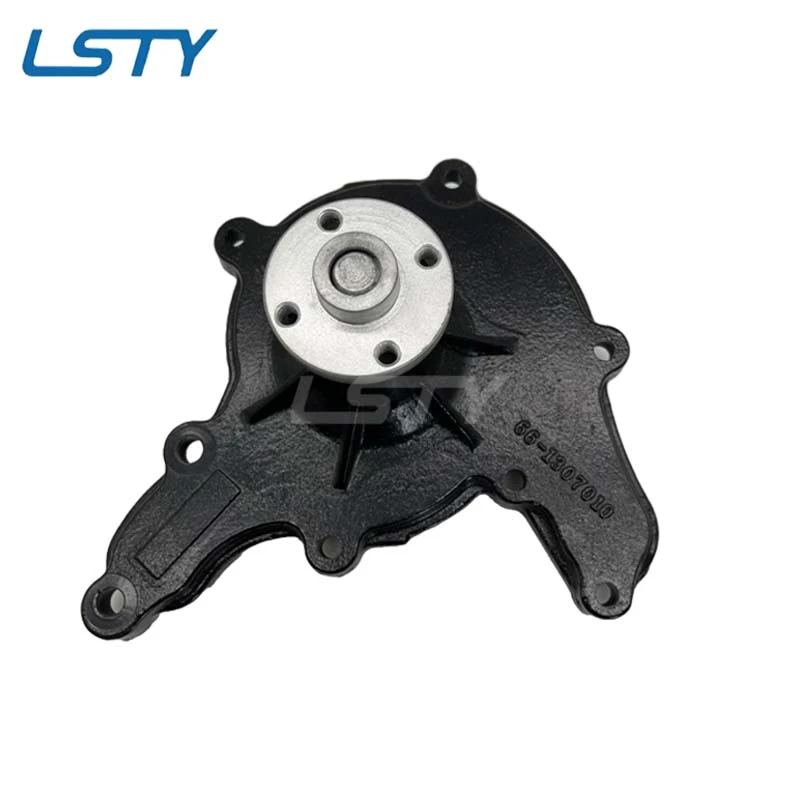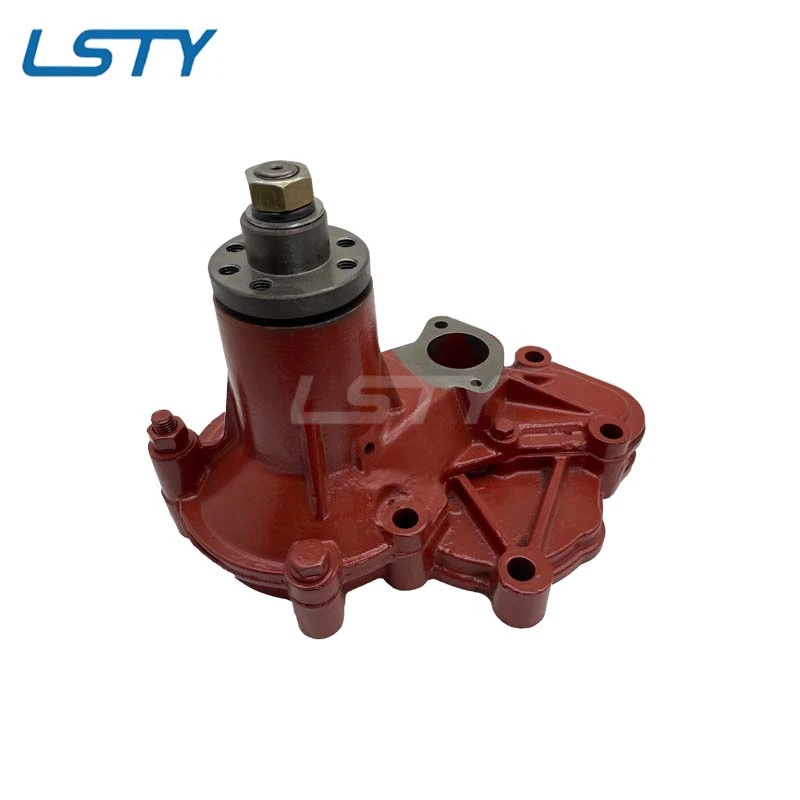A water pump for an engine is a critical component of the engine's cooling system. It plays an essential role in circulating coolant or antifreeze through the engine block and radiator to prevent the engine from overheating. The pump is typically driven by a belt connected to the engine's crankshaft or camshaft. It draws coolant from the radiator and pushes it through the engine to absorb heat, ensuring the engine maintains an optimal operating temperature. Overheating can cause significant engine damage, so the water pump's performance is vital for engine longevity. In addition to its cooling function, the water pump helps regulate the temperature of other components, like the heater core and air conditioning system. Regular maintenance and timely replacement of a malfunctioning water pump are necessary to avoid engine failure and costly repairs.
How Does a Water Pump for an Engine Work?
A water pump for an engine operates using a basic mechanical principle: it circulates coolant through the engine and its cooling system. The pump typically consists of an impeller, a housing, and a drive mechanism. The impeller, a fan-like rotor, is powered by a belt connected to the engine's crankshaft or camshaft. As the engine runs, the impeller spins, drawing coolant from the radiator through the pump's inlet and pushing it into the engine’s coolant passages. This circulation allows the coolant to absorb the engine’s heat and carry it away to the radiator, where it is cooled before being recirculated. The pump also directs the coolant to the heater core, ensuring the cabin remains heated during cold weather. If the water pump fails or operates inefficiently, coolant circulation stops, leading to engine overheating, which can result in serious damage if not addressed promptly.
Why Is It Important to Replace a Water Pump for an Engine?
Replacing a water pump for an engine is crucial to maintaining the engine’s cooling efficiency and preventing overheating. Over time, the internal components of the water pump, such as the impeller and seals, can wear out or become damaged due to corrosion or age. This can lead to reduced coolant flow, causing the engine to overheat, which can result in severe engine damage, including warped cylinders, blown gaskets, or even total engine failure. If you notice signs like coolant leaks, unusual noises from the pump area, or temperature gauge fluctuations, it could be an indication that the water pump is malfunctioning and needs replacing. A new water pump ensures that coolant continues to circulate properly, preventing overheating, preserving engine integrity, and improving vehicle performance. Regular inspection of the water pump and replacing it according to the manufacturer's guidelines can help avoid costly repairs and extend the life of the engine.








